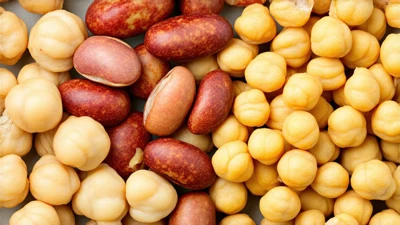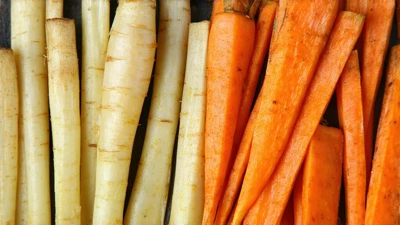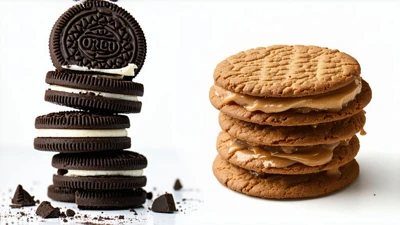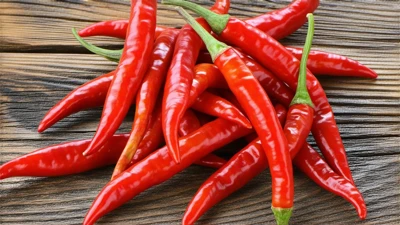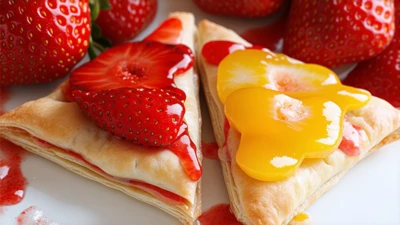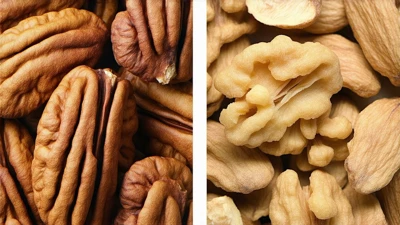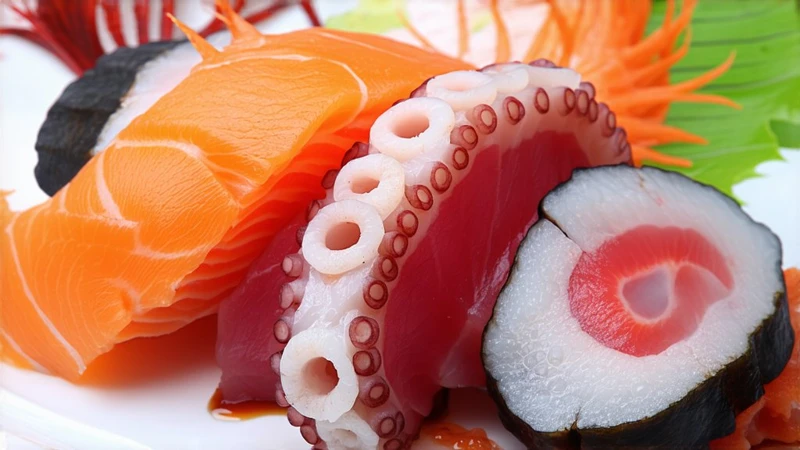
Chai Tea vs Herbal Tea: The Ultimate Showdown for the Choosy Sipper
Introduction
Chai tea versus herbal tea: A clash of hot beverage titans. Chai tea and herbal tea are two titans in the hot beverage market. Both are cherished for their comforting versatility, but they are aimed at different flavors and wellness targets. This article explores 30 angles — everything from cultural roots to antioxidant content — to see which one might be the better choice for you. Time to brew some insights with data!
Origin and Cultural Roots
Chai Tea: Chai (meaning "tea" in Hindi) originated in India more than 5,000 years ago, where it began as a spiced drink used for Ayurvedic healing. The British popularized its black tea base in the 19th century. Today, it's a worldwide mainstay, with 85% of U.S. tea drinkers reported to drink chai lattes (Statista, 2023).
Herbal Tea: Other than being used medicinally long before making it into the café, herbal infusions — including chamomile and peppermint — are also credited to ancient Egypt, China and Greece. In 2022, herbal tea saw 12% growth in the U.S., indicating its wellness trend dominance (SPINS LLC, 2023).
Key Ingredients
| Nutrient | Tuna Sashimi | Octopus Sashimi |
|---|---|---|
| Calories | 184 kcal | 82 kcal |
| Protein | 24g | 15g |
| Fat | 7g (1.5g saturated) | 1g (0.2g saturated) |
| Omega-3 Fatty Acids | 1.1g | 0.3g |
| Vitamin B12 | 9.4µg (392% DV) | 1.2µg (50% DV) |
| Iron | 1.3mg (7% DV) | 9.2mg (51% DV) |
| Selenium | 36.5µg (66% DV) | 42µg (76% DV) |
Chai: This iconic Indian drink depends on the boldness of black tea, tempered by spices. Herbal teas are ingredient-specific and caffeine-free, with tailored benefits.
How Much Caffeine: Stimulant vs. Soother
| Protein | Ideal Condiments | Why It Works |
|---|---|---|
| Tuna | Wasabi, soy sauce, ginger | Enhances umami, cuts through fat |
| Octopus | Ponzu, citrus, chili flakes | Brightens brininess, complements chew |
This article is for subscribers only. Source: USDA FoodData Central, 2023
Why It Matters: Chai is an ideal tea for the morning, and herbal teas, like valerian root, help you sleep.
Flavor and Aroma Profiles
Chai: Warming, creamy and punchy. It has a warmth, like cinnamon, or a citrus twang, like cardamom.
Herbal: From the crispness of peppermint to berry notes — tart from hibiscus.
Personal Take: I love the complexity of chai, but everyday my go-to unwind drink is a simple herbal.
Health Benefits Showdown
Chai:
Digestion: Ginger and cloves boost enzymes (Journal of Gastroenterology, 2021)
Antioxidants: Black tea polyphenols could lower the risk of heart disease by 16% (Harvard T.H. Chan School, 2020).
Herbal:
Stress Relief: This includes chamomile's apigenin, shown in clinical trials to decrease anxiety by 28 percent (NIH, 2019).
Immunity: Echinacea mixtures reduce cold duration by 1.4 days (University of Connecticut, 2022).
Nutritional Breakdown
| Factor | Tuna | Octopus |
|---|---|---|
| Sustainability Rating | "Avoid" (Monterey Bay Aquarium) | "Best Choice" (wild-caught) |
| Average Market Price | $50–$100+/lb (premium cuts) | $15–$30/lb |
Dietary Needs & How You Handle Caffeine
Chai: Avoid if caffeine sensitive. Choose decaf or herbal varieties instead.
Herbal: Generally allergen-free, but read the labels; some blends could contain gluten or nuts.
Brewing Methods & Texture
Chai: Simmered with milk and spices for a creamy texture.
Herbal: Infused in hot water for 5–7 minutes, producing a light, clear brew.
Cost Comparison
Note: Chai gets real bang with bulk spices; herbal's price varies with some of the more exotic inputs, like rooibos.
Sustainability & Shelf Life
Chai: Spices last 2–3 years; black tea leaves degrade faster (6–12 months).
Herbal: Fragile herbs (mint): 6–12 months. Choose eco-conscious brands like Traditional Medicinals.
Popularity Trends
Chai: The chai latte was an 18% sales growth driver for Starbucks in 2023, according to an Allegra Strategies report.
Herbal: Sleep blends (e.g., Yogi Tea) spiked 21% post-covid (IRI, 2023).
Seasonal Suitability
Winter: Chai's warmth complements holiday spices.
Summer: Chilled herbal infusions with bright citrus provide refreshing hydration.
Side Effects & Interactions
Chai: Jitters or acid reflux from overconsumption.
Herbal: Check with a doctor — e.g., St. John's Wort interacts with antidepressants.
Conclusion: Which is Better?
Pick Chai If: You want a punch of flavor, a caffeine jolt, or you like to feel comforted.
Choose Herbal If: You value relaxation and you're sensitive to caffeine or you want wellness benefits for a particular area.
Both ultimately deserve a place in your cupboard. Rotate them according to your mood, season or health goals — and enjoy the best of both worlds!










